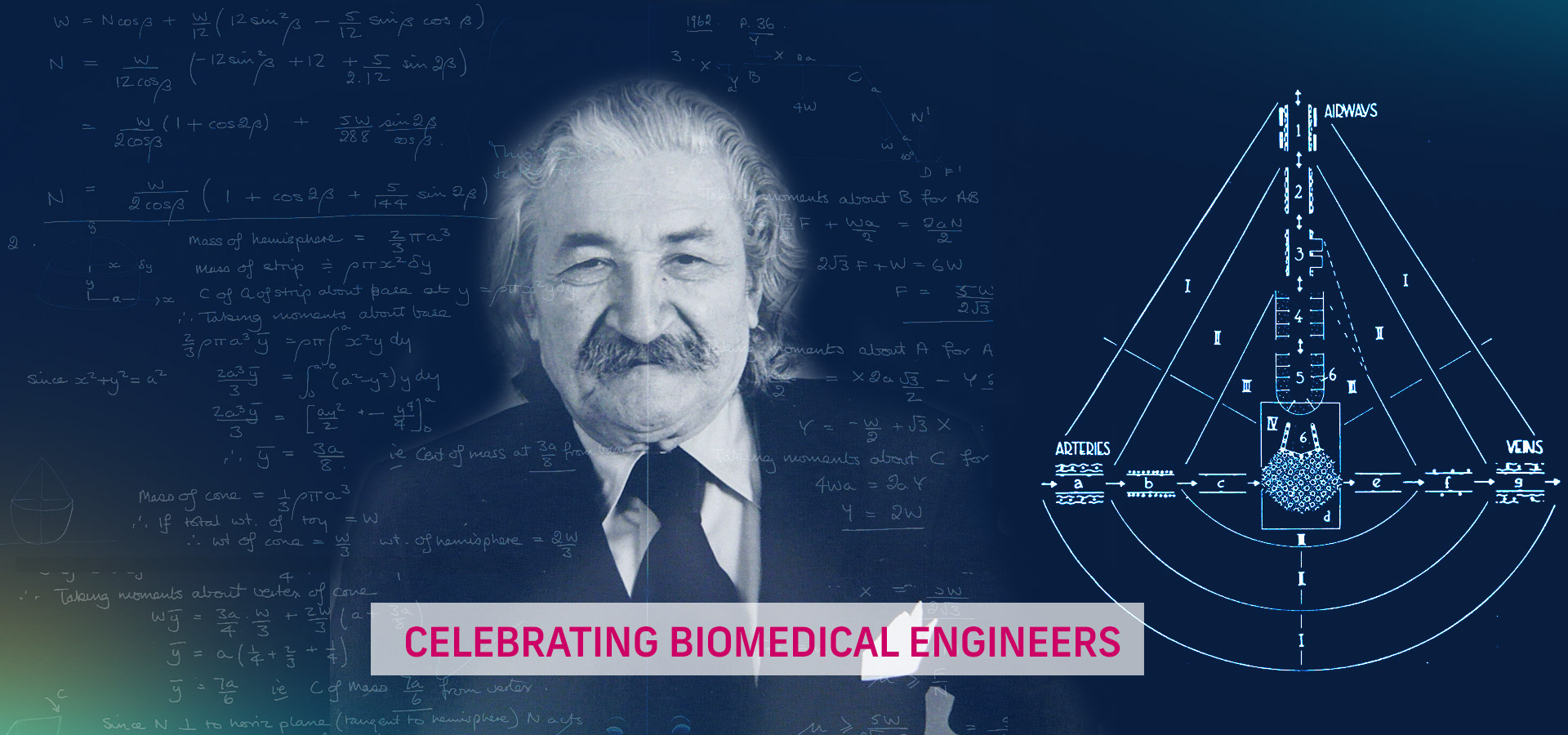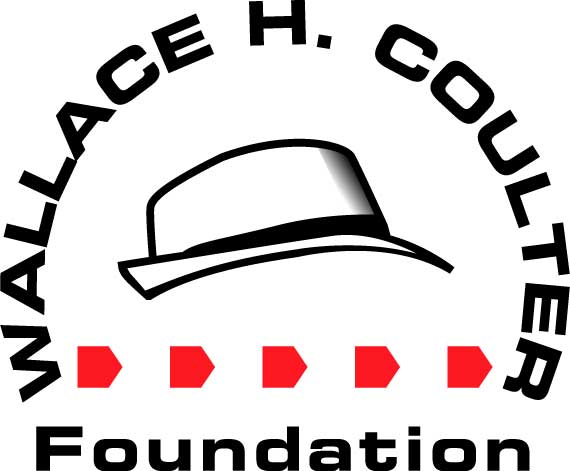
Celebrating the Life and Work of Dr. Domingo Gomez de Gimeranez
First Cuban Biomedical Engineer
 Through the generous support of the Wallace H. Coulter Foundation, the Department of Biomedical Engineering presented a program celebrating the First Cuban Biomedical Engineer Dr. Domingo Gomez de Gimeranez. Students, researchers, and scientists from universities, industries, clinics, and other venues across the United States and abroad came together to learn about The Forgotten Work of the First Cuban Biomedical Engineer.
Through the generous support of the Wallace H. Coulter Foundation, the Department of Biomedical Engineering presented a program celebrating the First Cuban Biomedical Engineer Dr. Domingo Gomez de Gimeranez. Students, researchers, and scientists from universities, industries, clinics, and other venues across the United States and abroad came together to learn about The Forgotten Work of the First Cuban Biomedical Engineer.
This celebration was also an opportunity to share science, build community, and discuss issues specific to Biomedical Engineering. The program included a keynote speaker, a Heart and Circulation Program, a forum, interviews, and a panel discussing issues specific to the work of Dr. Gomez.
KEYNOTE SPEAKER
 Dr. Gordana Vunjak-Novakovic
Dr. Gordana Vunjak-Novakovic
Professor at Columbia University, Mikati Foundation Professor of Biomedical Engineering and Medical Sciences, Head of the Laboratory for Stem Cells and Tissue Engineering at Columbia University.
ENGINEERING HUMAN LUNGS FOR MEDICAL IMPACT
Gordana Vunjak-Novakovic is University Professor, the highest academic rank at Columbia University, and the first-ever engineer at Columbia to receive this distinction. The focus of her lab is on engineering functional human tissues for use in regenerative medicine and in patient-specific “organs-on-a-chip” for studies of human pathophysiology. She is well-published and highly cited (h=130), mentored over 150 trainees, and launched four start-up companies with her students. She is a member of Academia Europaea, Serbian Academy of Arts and Sciences, National Academy of Engineering, National Academy of Medicine, National Academy of Inventors, and the American Academy of Arts and Sciences.
ABSTRACT: Research on lung physiology and engineering has made great strides over the last several decades, from the time when Dr. Domingo Gomez, to whom this symposium is dedicated, was publishing his seminal papers on assessing the architecture of human lung. More recently, the needs of lung transplantation that remains the only curative option for end-stage lung disease patients have prompted the development of novel technologies for treating injured and diseased human lungs, and for recovering donor lungs rejected for transplant. These new bioengineering approaches are enabling increasingly personalized and targeted approaches to treating human lungs, in situ and ex vivo. One promising methodology involves the ex vivo replacement of diseased lung epithelial cells in low quality donor lungs with healthy progenitor stem cells. Another methodology involves treatment of lung epithelium in situ, in the context of acute lung injury and some genetic diseases. This talk will discuss the current accomplishments and challenges, as well as the overall potential for regenerative engineering of human lung.

